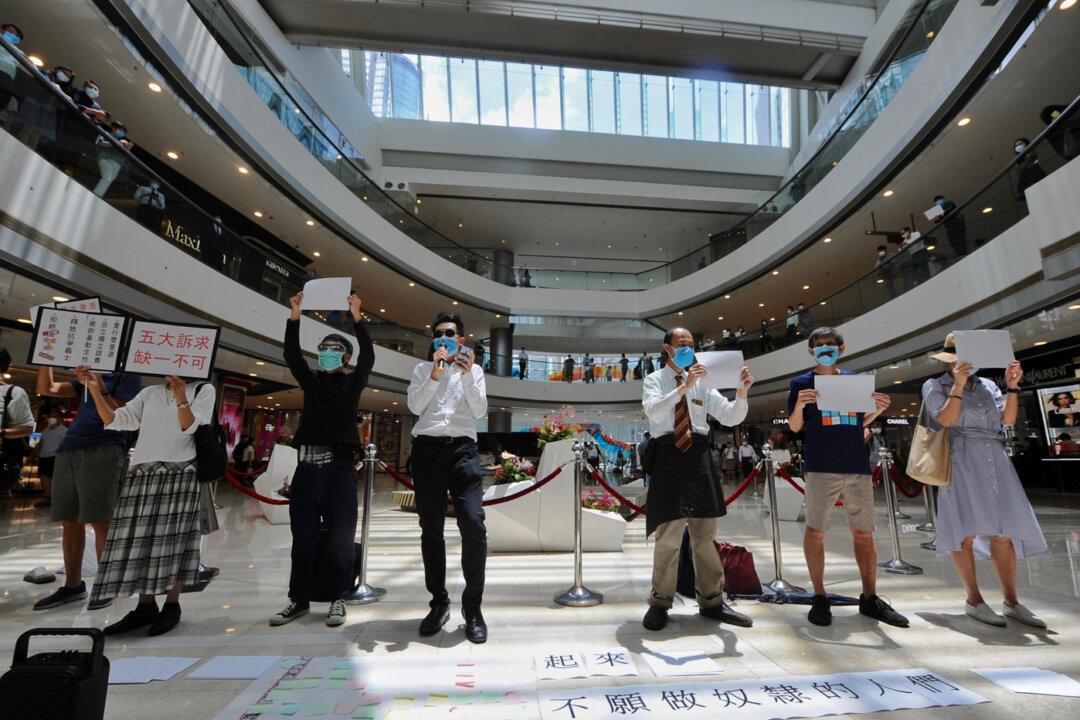The Hong Kong Court of Appeal granted an injunction on May 8 banning the distribution of the anti-extradition song “Glory to Hong Kong.” U.S. State Department spokesperson Matthew Miller said at a regular press briefing on the same day that the United States was “seriously concerned about the continuous erosion of protections for human rights and fundamental freedoms in Hong Kong, including the freedom of expression.”
Mr. Miller believes that the ban of “Glory to Hong Kong” is “the latest blow to the international reputation of the city that previously prided itself on having an independent judiciary, protecting the free exchange of information, ideas, and goods. “




